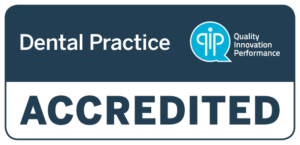The association between pregnancy and damage to a mother’s teeth is not a new concept.
The old wives tale that teeth become “chalky” during pregnancy due to the baby drawing the calcium out of the teeth, is completely false! Unlike the calcium in our bones which can be depleted if needed elsewhere in the body, our teeth remain unaffected. If sufficient amounts of calcium are not consumed during pregnancy, the bones – not the teeth – will provide the calcium a growing baby needs. This calcium loss is replenished after breastfeeding is stopped. For bone strength it is important to include calcium rich foods in your diet during pregnancy and breastfeeding. However, be reassured that babies do not draw the calcium out from your teeth.
Similarly, the old wives tale that “You lose a tooth for every baby” is also completely false. This still causes Mothers concern today and is worrying as it implies that deterioration of the teeth is inevitable and outside an expectant mother’s control.
However, like a lot of old wives takes, there is an element of truth…
The body does go through many changes during pregnancy which can effect an expectant mother’s oral health. The main ways that pregnancy effects an expectant mother’s oral health are:
- Acid erosion to the teeth from morning sickness or acid reflux
- Changes to dietary habits, especially increasing sugar hits during pregnancy, which can increase the risk of tooth decay
- Gum disease due to an increase in hormone levels which exacerbates the body’s natural inflammatory response to plaque
After the baby is born there are also enormous lifestyle changes that occur that increase the risk of damage to the teeth. For example:
- Changes to dietary habits especially consuming more sugar when exhausted, or snacking/grazing when feeding at night which can increase the risk of tooth decay
- Loss of the usual routine of twice daily brushing and once daily flossing leading to decay and/or gum disease causing bacteria being left on the teeth
Acid erosion to the teeth from morning sickness and acid reflux
Morning sickness can also affect your teeth as the acid in the vomit has an erosive effect. An acidic oral environment is also ideal for plaque bacteria to thrive and proliferate, increasing the risk of tooth decay in addition to acid erosion.
You might be tempted to brush your teeth immediately but brushing within an hour of being sick can cause more damage to your teeth by stripping away the enamel. It is advisable to rinse with water, a mild daily mouthwash containing fluoride, or simply add a ¼ teaspoon of bi-carb soda to water and rinse after morning sickness.
Chewing sugar free gum after a bout of morning sickness will help increase the acidic pH in the mouth back to a neutral level. An alternative to chewing gum is the application of GC Tooth Mousse, a neutralising remineralising tooth cream available from your Dentist.
Changes to dietary habits
Pregnancy does not cause tooth decay, but whilst pregnant, your eating habits (e.g. the number of times you eat and drink during the day, and the types of food and drinks you choose) might change and thus increase your risk of developing tooth decay. Similarly after the baby is born.
Unusual food cravings are a fact of life for many women during pregnancy. Snacking or grazing on foods and drinks throughout the day that contain sugar and starch (even natural sugars) during pregnancy increases the number of times the tooth is exposed to acid attack from the bacteria in the mouth. This can increase your risk of developing tooth decay.
If your cravings take a turn towards the sweet end of things, try to limit the sugary snacks and instead, choose healthier options such as fresh fruit with natural or Greek yoghurt.
So expectant mothers can be reassured that an unborn baby will NOT in fact draw the calcium from your teeth! However, be aware that the other factors outlined above can increase the risk of tooth decay and gum disease if a healthy diet and very diligent oral hygiene routine is not followed at home. Even during pregnancy try to brush twice daily for 2 minutes and floss at least once daily. Also be sure to have a professional scale and clean with your Dentist or Dental Hygienist when you are pregnant to remove any calcified bacteria (tartar), and use recommended pH balancing products to improve your oral environment if required. Dental disease is preventable, even when expecting a baby!
Read more in the ADA’s Factsheet on Pregnancy – Separating Fact from Fiction



